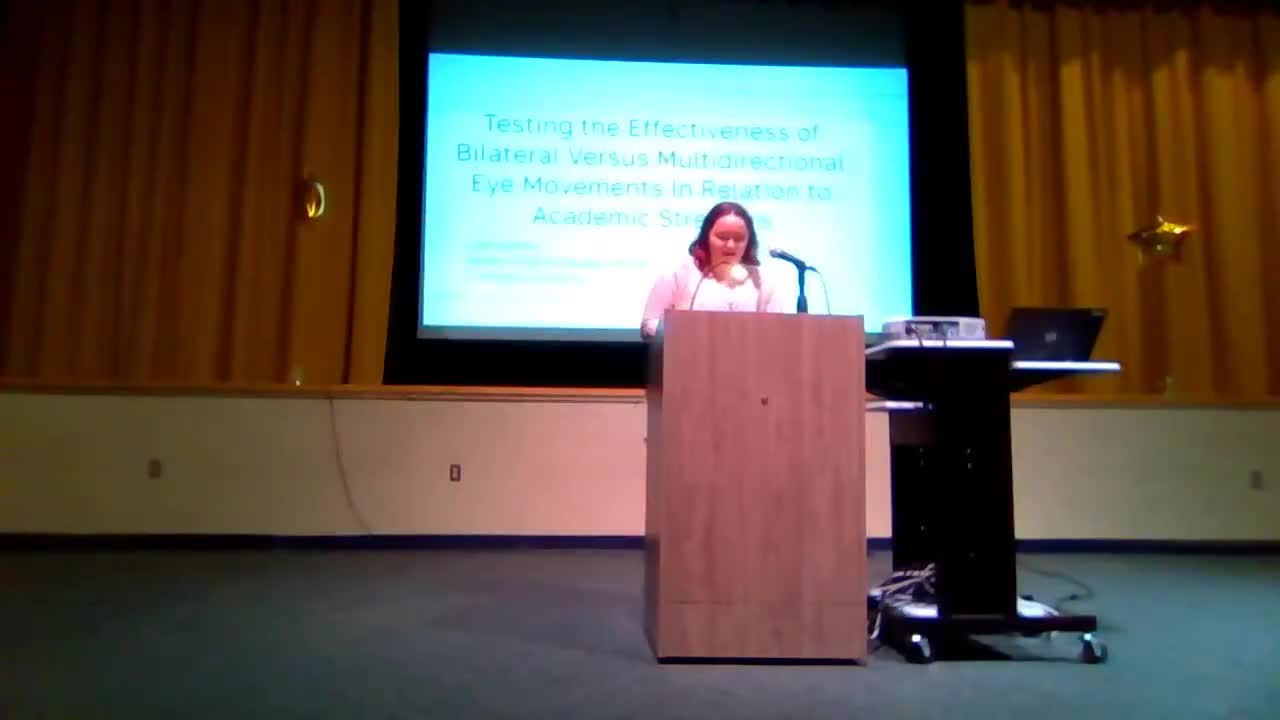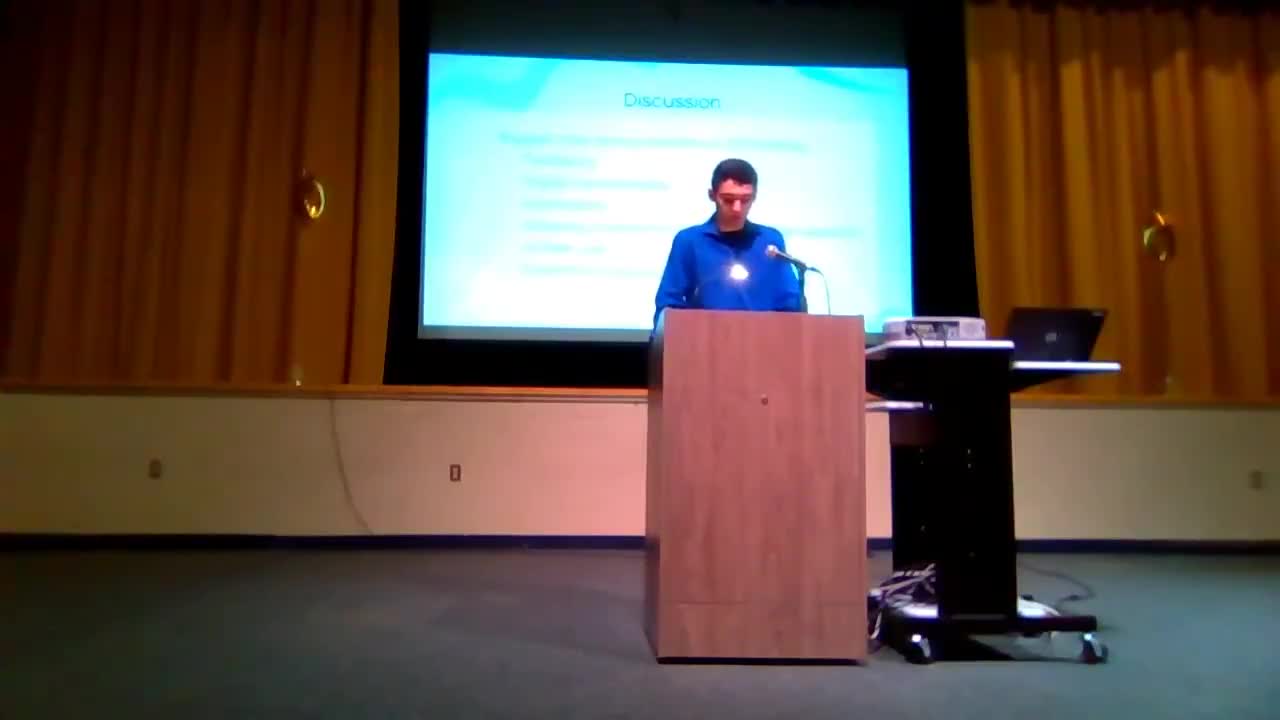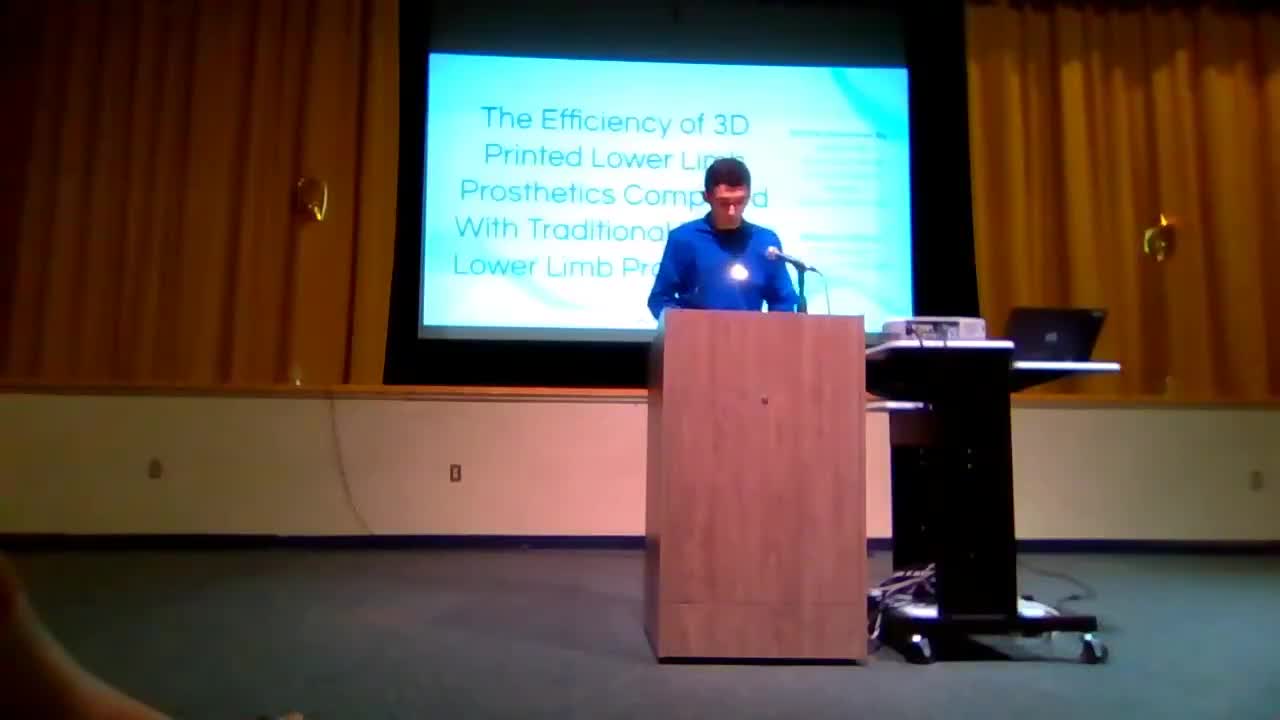Article not found
This article is no longer available. But don't worry—we've gathered other articles that discuss the same topic.

Student trial at Cohoes High finds bilateral and multidirectional eye‑movement exercises both reduce emotional distress from school stressors

Cohoes High research: familiarity, not personal preference, most strongly predicts how much students "groove" to a song

Cohoes High survey finds students more likely to associate schizophrenia with violent crime than anxiety or no diagnosis

Cohoes High student study finds ribose degrades under high‑pressure, high‑temperature conditions in lab simulations

Cohoes High senior finds 3D printing can speed lower‑limb prosthetic production, but insurance delays remain a barrier

